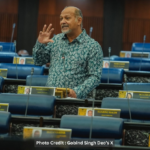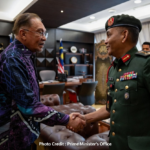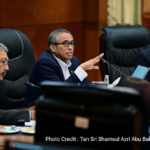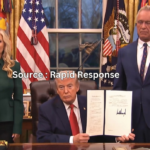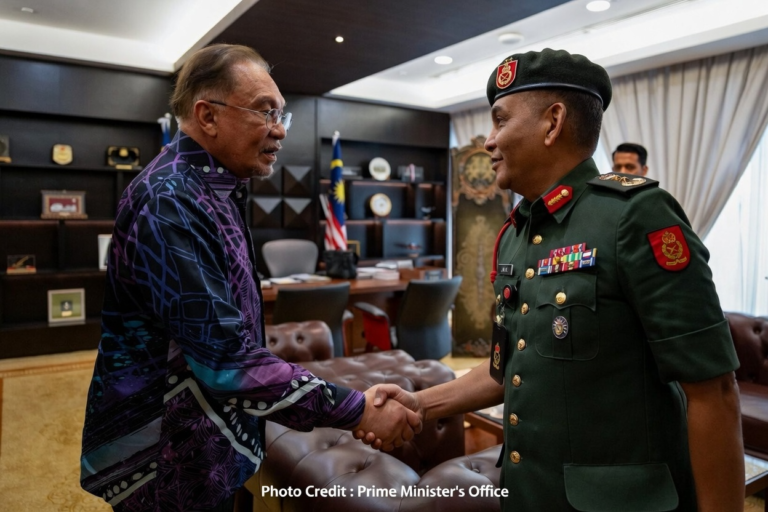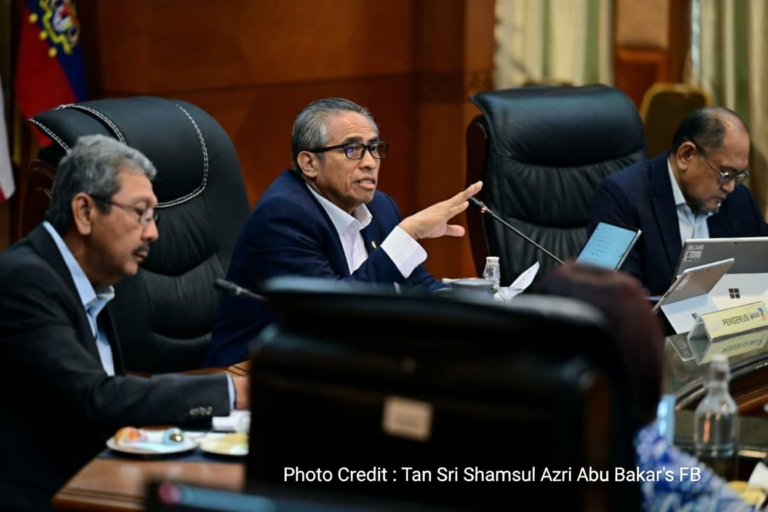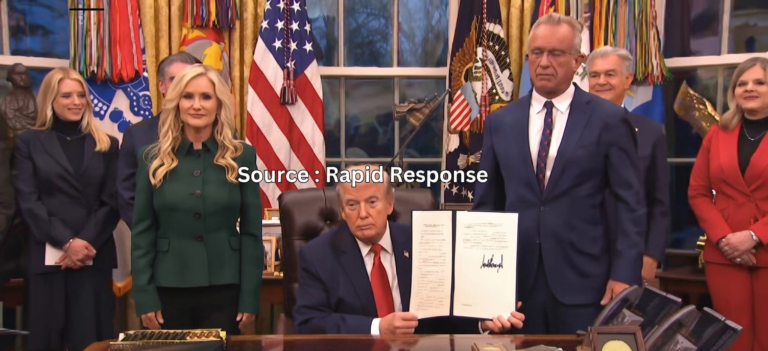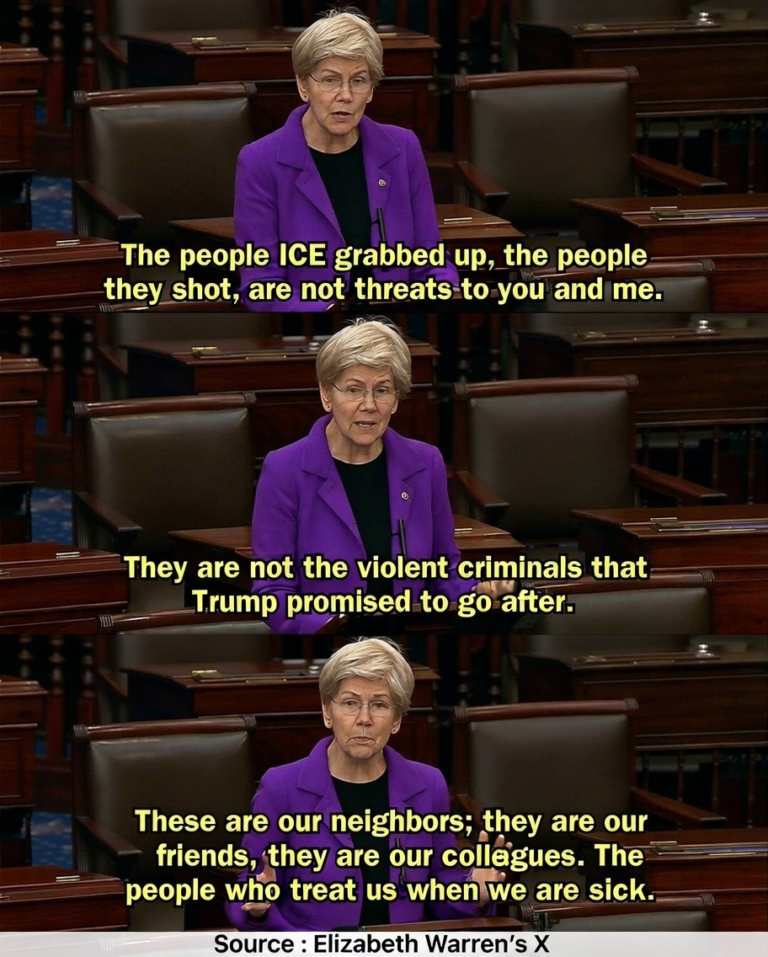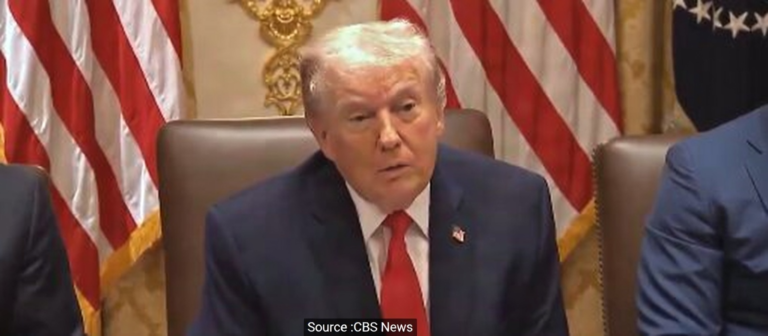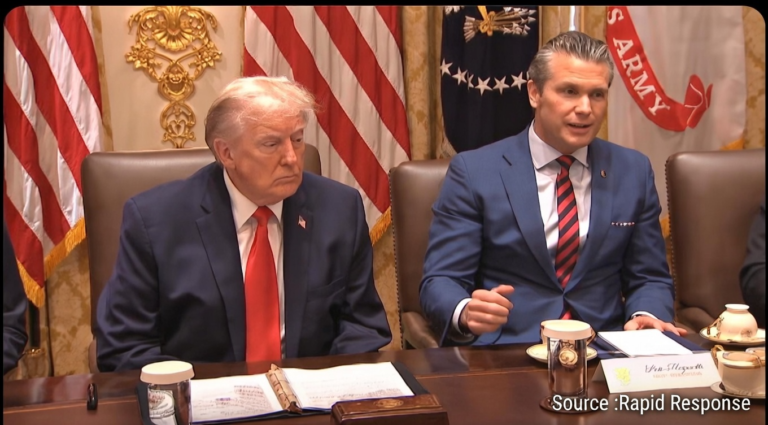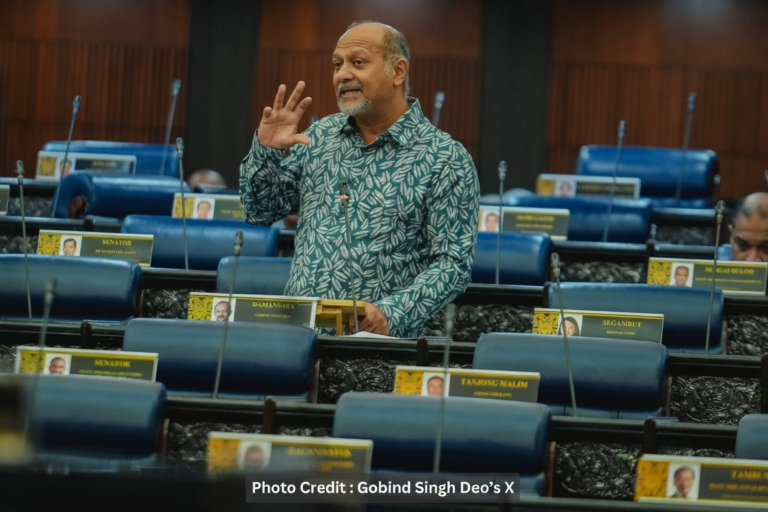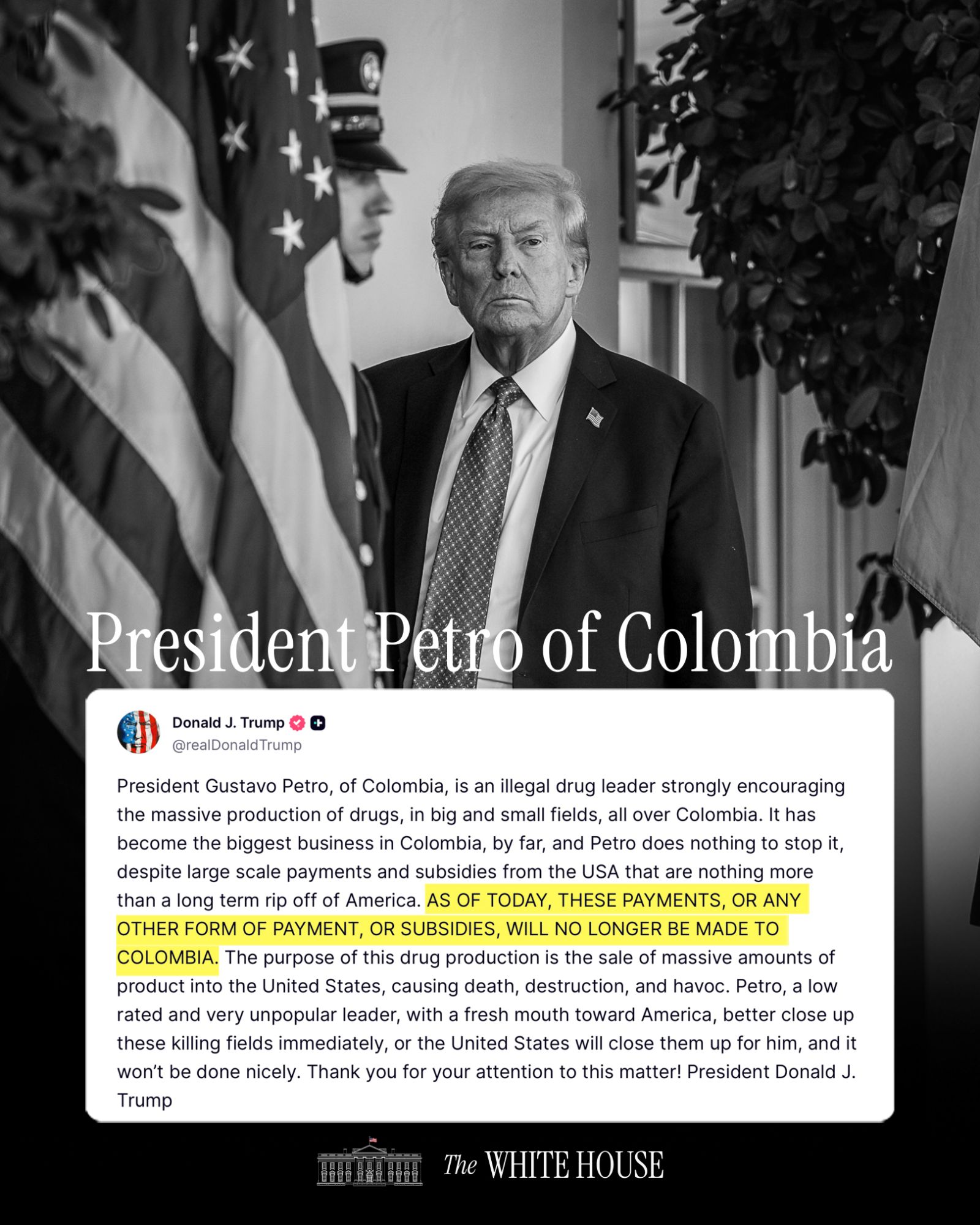
WASHINGTON, D.C. Oct 19, 2025 –
In a blistering public rebuke, President Donald J. Trump announced the immediate suspension of all U.S. financial aid and subsidies to Colombia on Sunday, accusing President Gustavo Petro of actively encouraging the country’s booming illegal drug trade and labeling him an “illegal drug leader.” The move, detailed in a White House statement shared on X, escalates a rapidly deteriorating bilateral relationship strained by a recent deadly U.S. naval strike in the Caribbean.
Trump’s post, which quoted his own remarks, decried Colombia’s drug production as the nation’s “biggest business” despite years of American support aimed at combating narcotics trafficking. “As of today, these payments, or any other form of payment, or subsidies, will no longer be made to Colombia,” Trump wrote, adding that the trade fuels “death, destruction, and havoc” in the United States. He urged Petro—a leader he described as “low rated and very unpopular” with a “fresh mouth toward America”—to shutter the “killing fields” immediately, warning that failure to do so would prompt U.S. intervention “and it won’t be done nicely.”
The announcement follows a tense confrontation sparked last week when a U.S. Coast Guard vessel fired on a suspected drug smuggling boat off Colombia’s coast, killing three fishermen whom Petro’s government claimed were innocent civilians. Petro swiftly accused the U.S. of “murder” and demanded accountability, including potential criminal proceedings against American officials up to Trump himself. The incident has ignited accusations of imperialism from Bogotá, with Petro’s allies framing it as part of a pattern of U.S. aggression in Latin America.
Colombia has been one of the top recipients of U.S. foreign aid for decades, receiving over $500 million annually in recent years primarily through programs like Plan Colombia, which fund anti-drug eradication, military training, and economic development in coca-growing regions. The abrupt cutoff—potentially the largest such suspension since the 1980s—could cripple these efforts, exacerbating Colombia’s economic woes amid record coca cultivation levels that have surged under Petro’s administration. Critics of Petro, including opposition figures in Colombia, have long blamed his policies—such as crop substitution over forced eradication—for the uptick in production.
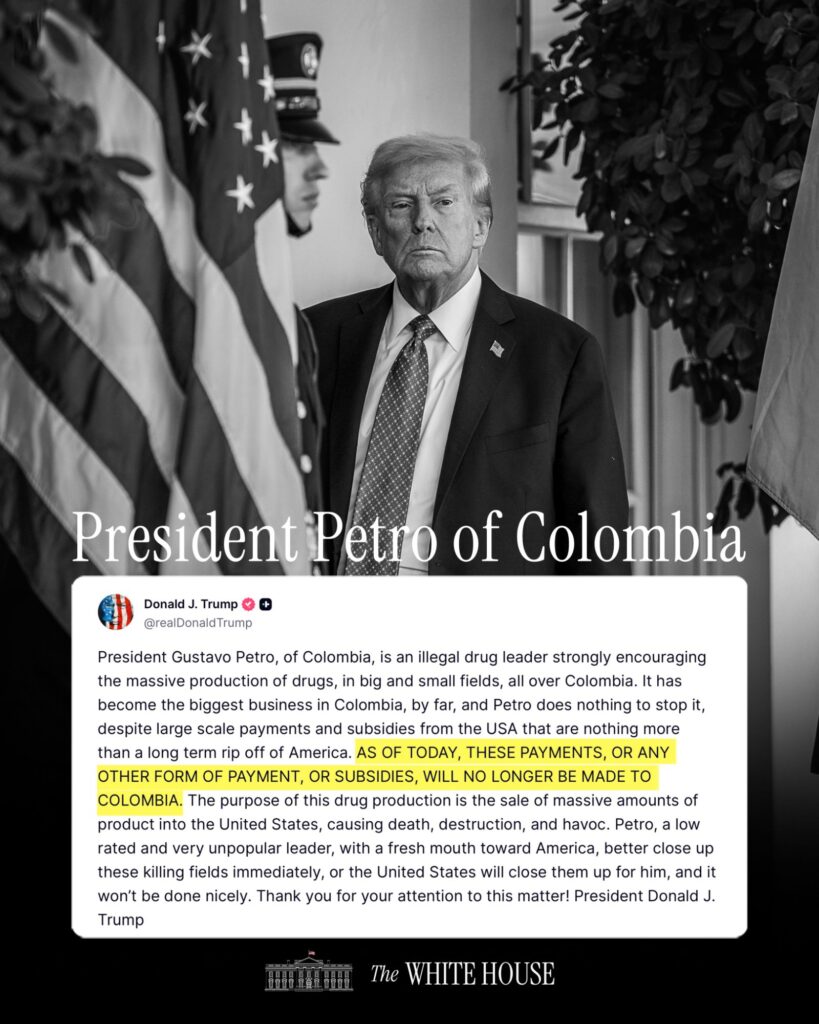
Reactions poured in swiftly on social media and from global leaders. In Colombia, anti-Petro voices celebrated the move as a wake-up call. “As a Colombian citizen, I’m 100% with President Trump’s decision against Gustavo Petro, who is a shame for all Colombians,” one user posted, echoing sentiments from thousands who view the leftist leader as soft on cartels. Supporters of Petro, however, decried the aid cut as economic blackmail. Vice President Francia Márquez called for “dialogue that puts the life of our peoples at the center,” while human rights advocates labeled Trump’s rhetoric “stigmatizing” to an entire nation.
Internationally, the spat has drawn condemnation from Latin American leftists and cautious support from U.S. conservatives. Senator Lindsey Graham, a Trump ally, praised the decision and suggested pairing it with steep tariffs on Colombian imports, a step Trump indicated he would consider announcing Monday. European Union officials urged de-escalation, warning that destabilizing Colombia could worsen regional migration and drug flows to the U.S.
The White House framed the action as a fulfillment of Trump’s “America First” agenda, prioritizing border security over what it called a “long-term rip-off” of U.S. taxpayers. As the dust settles, analysts predict ripple effects: Colombia’s 2026 presidential election could hinge on the fallout, with Petro’s approval ratings already hovering below 30%. For now, the once-close allies—bound by shared anti-drug history—stand at a crossroads, with Trump’s ultimatum hanging like a storm cloud over the Andes.
This report is based on the White House X post and related coverage.

